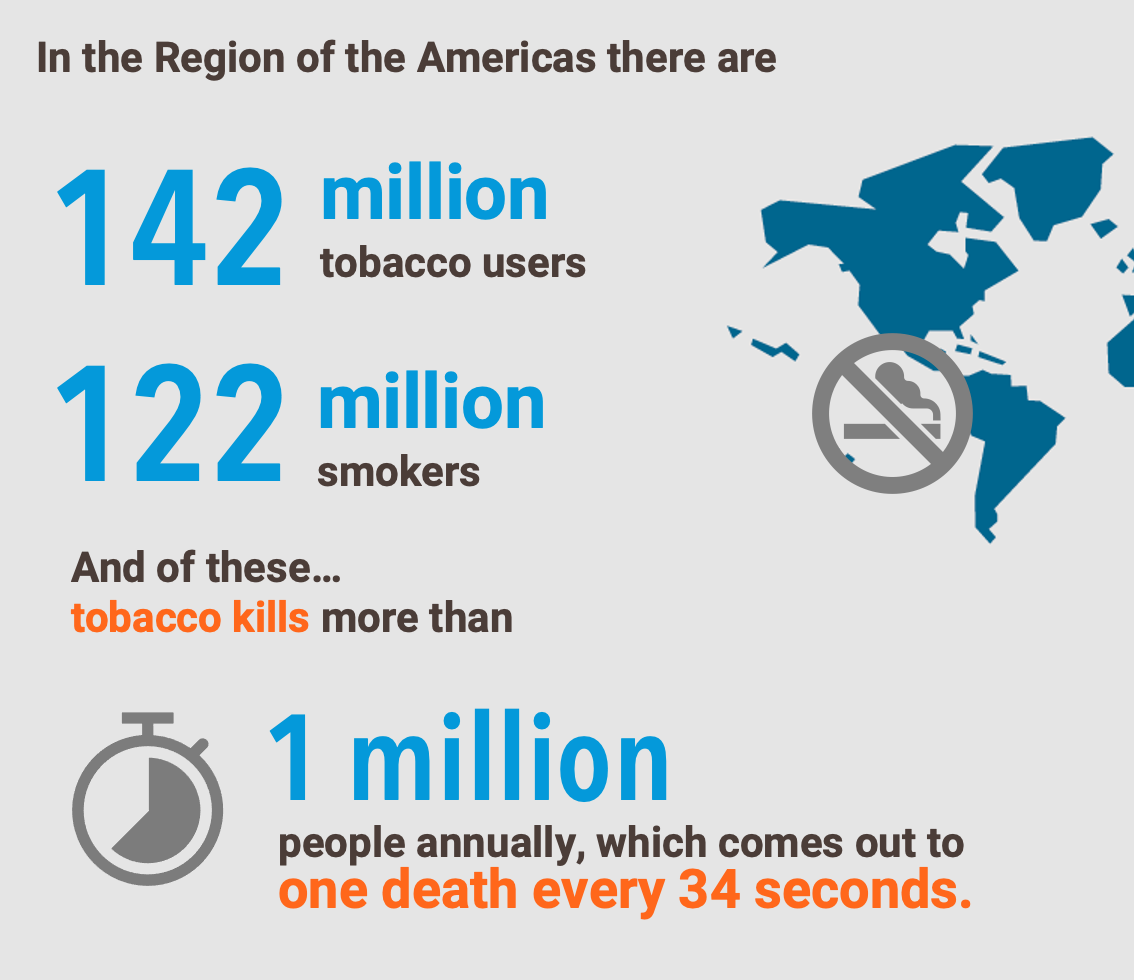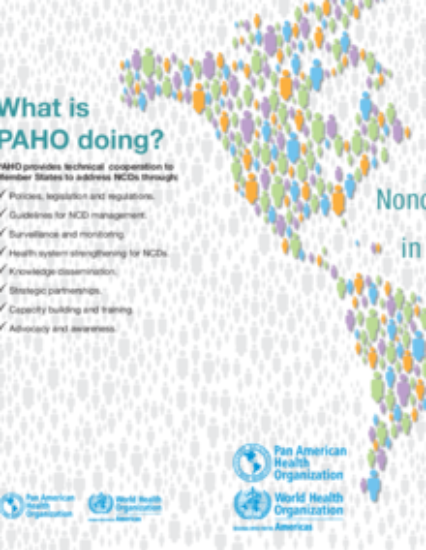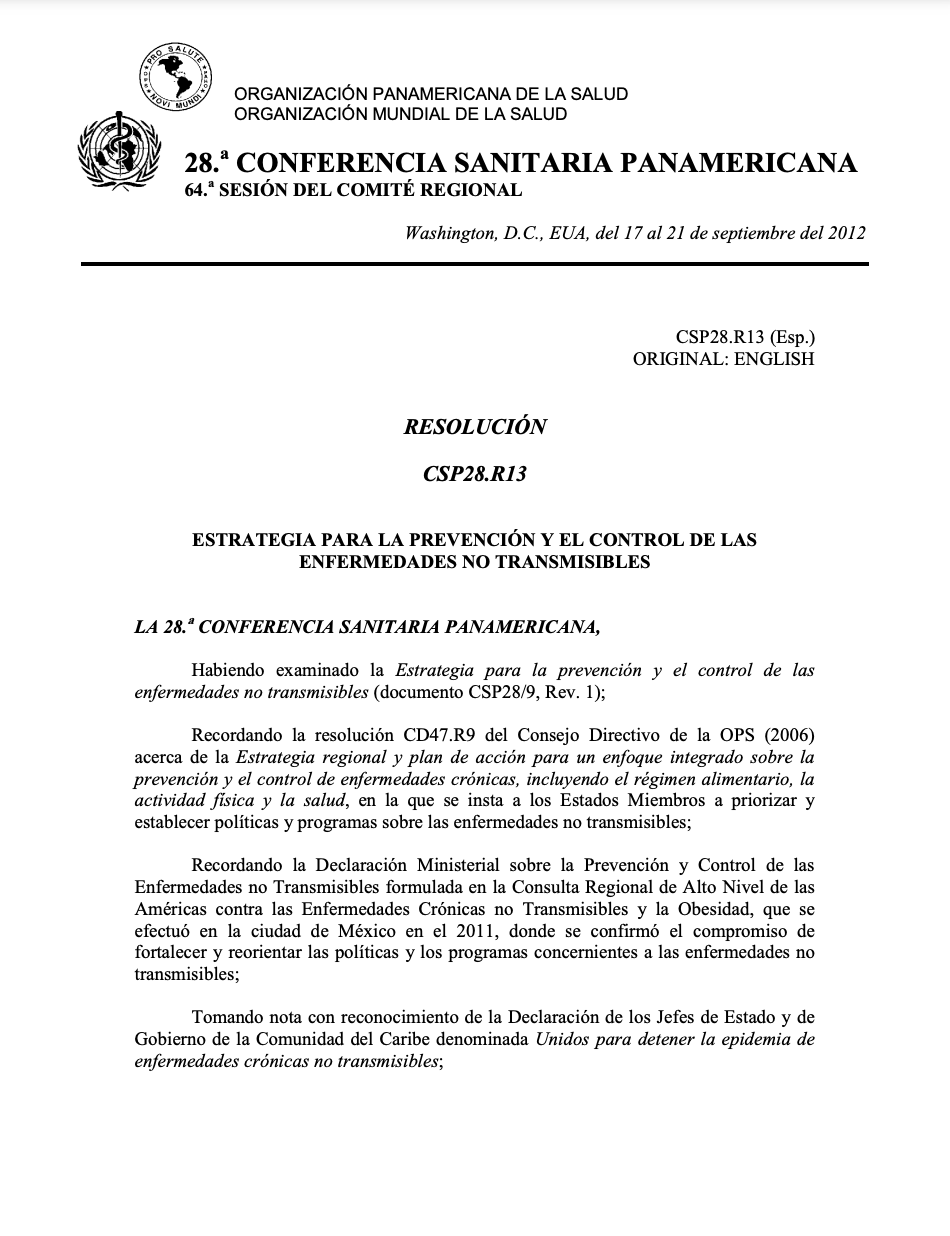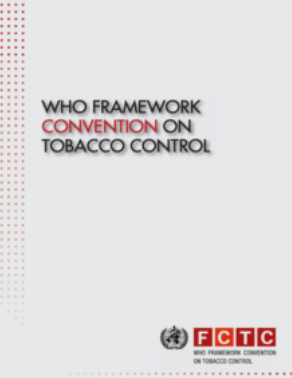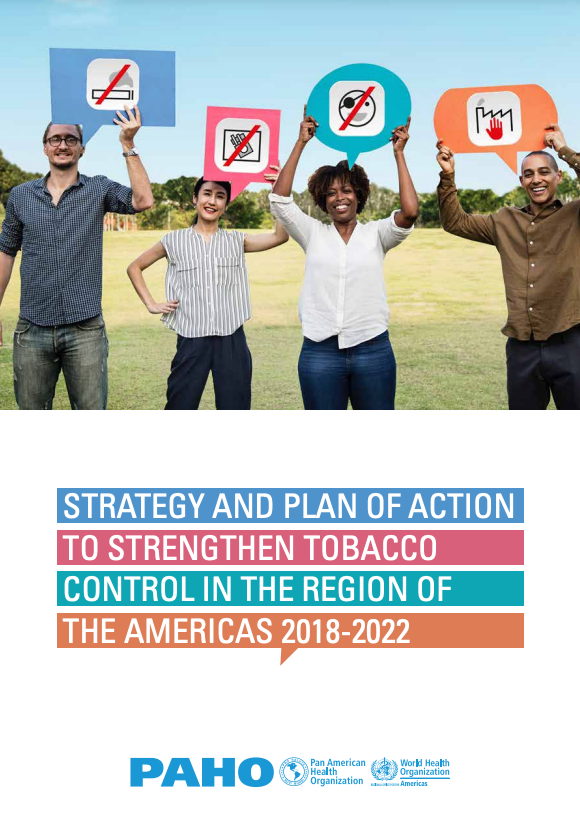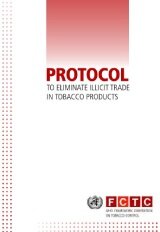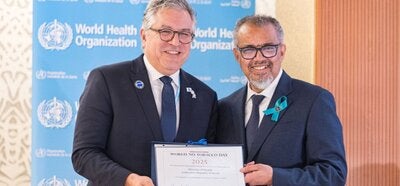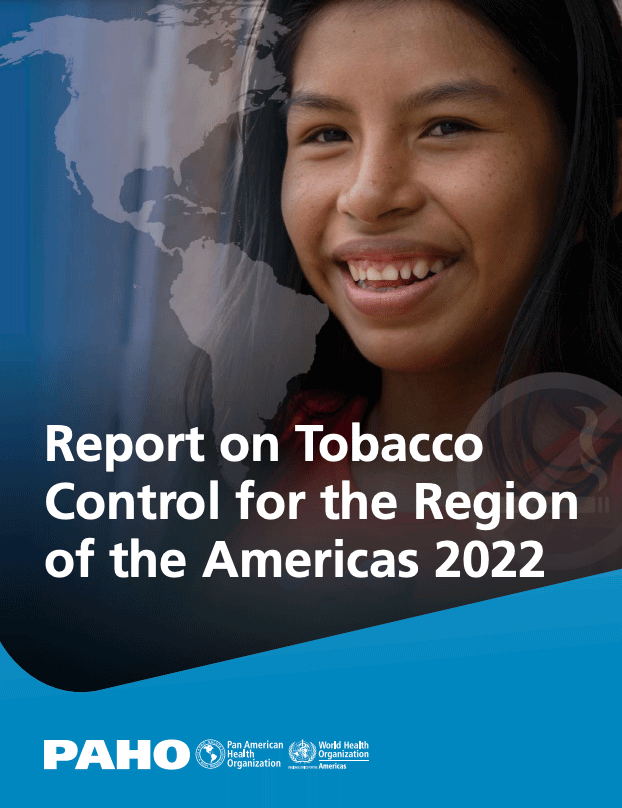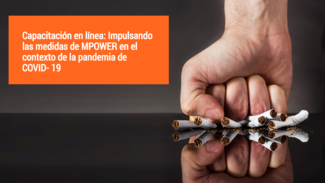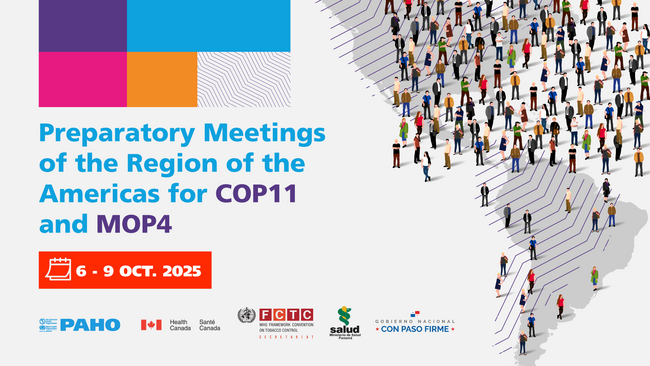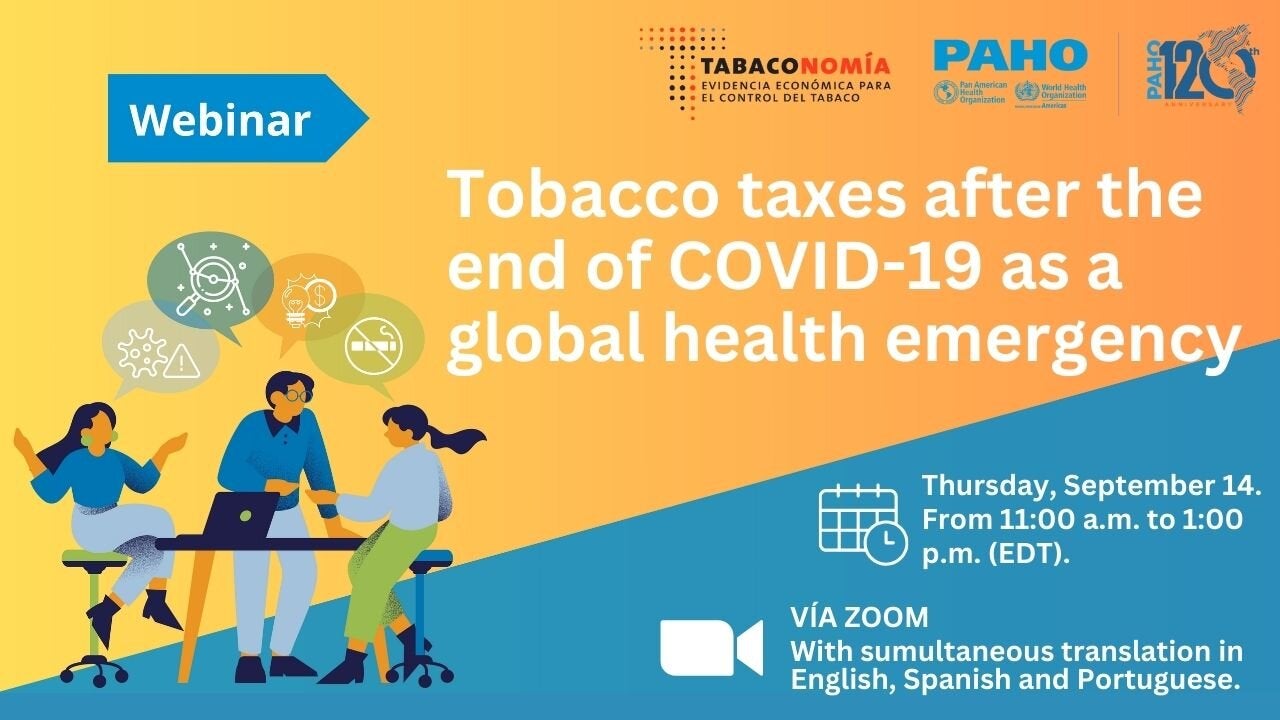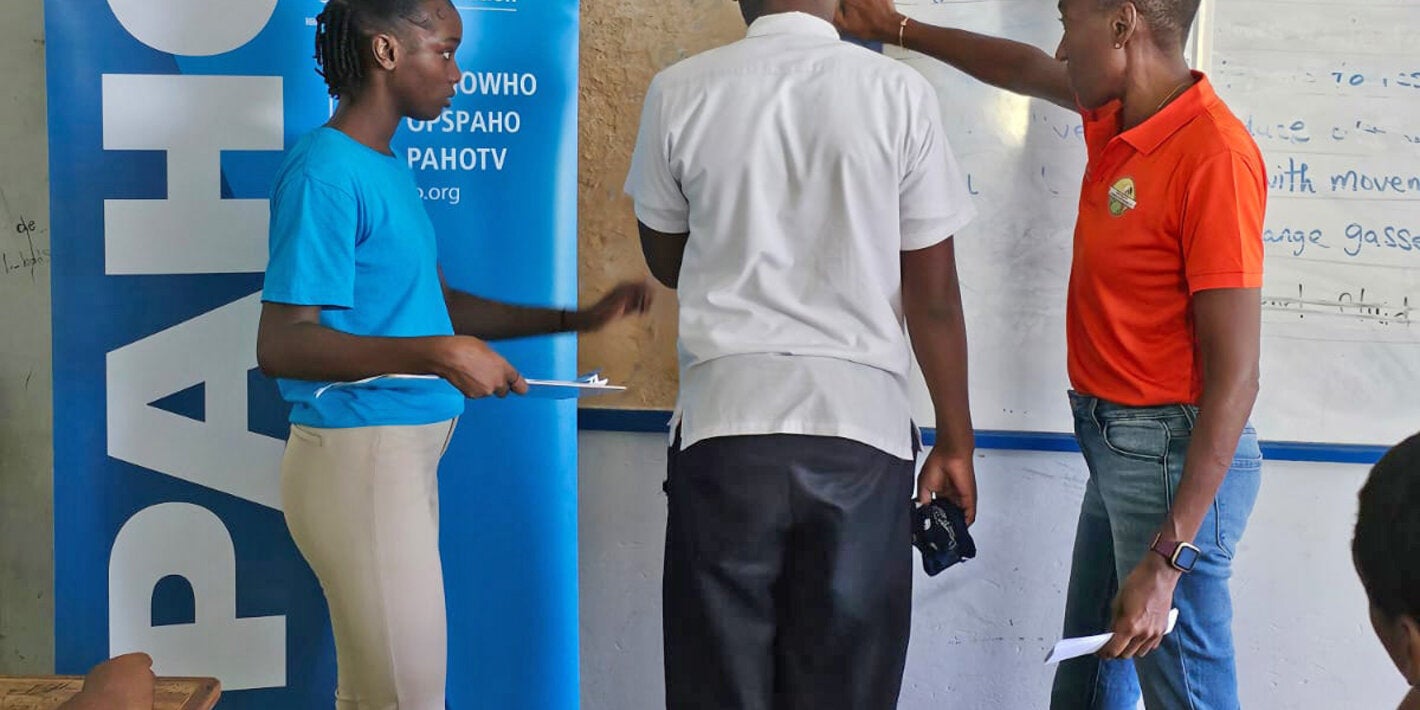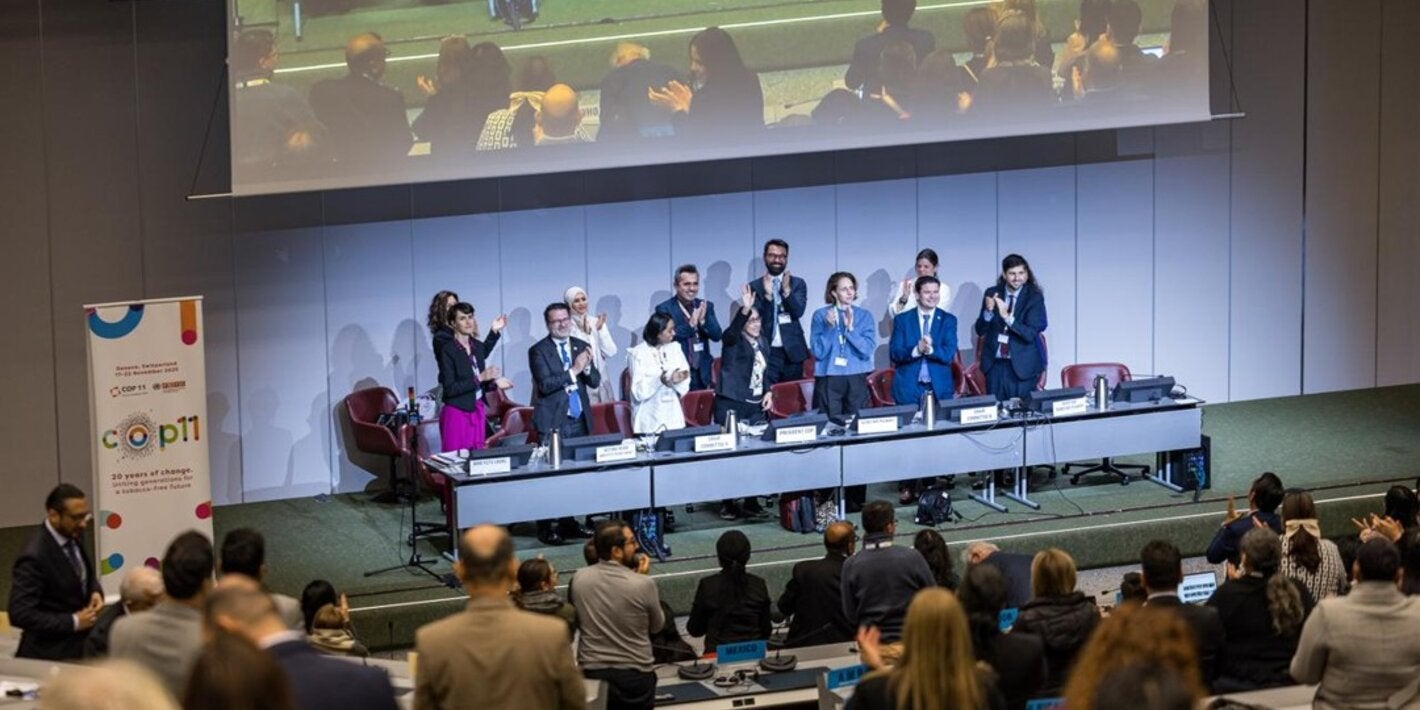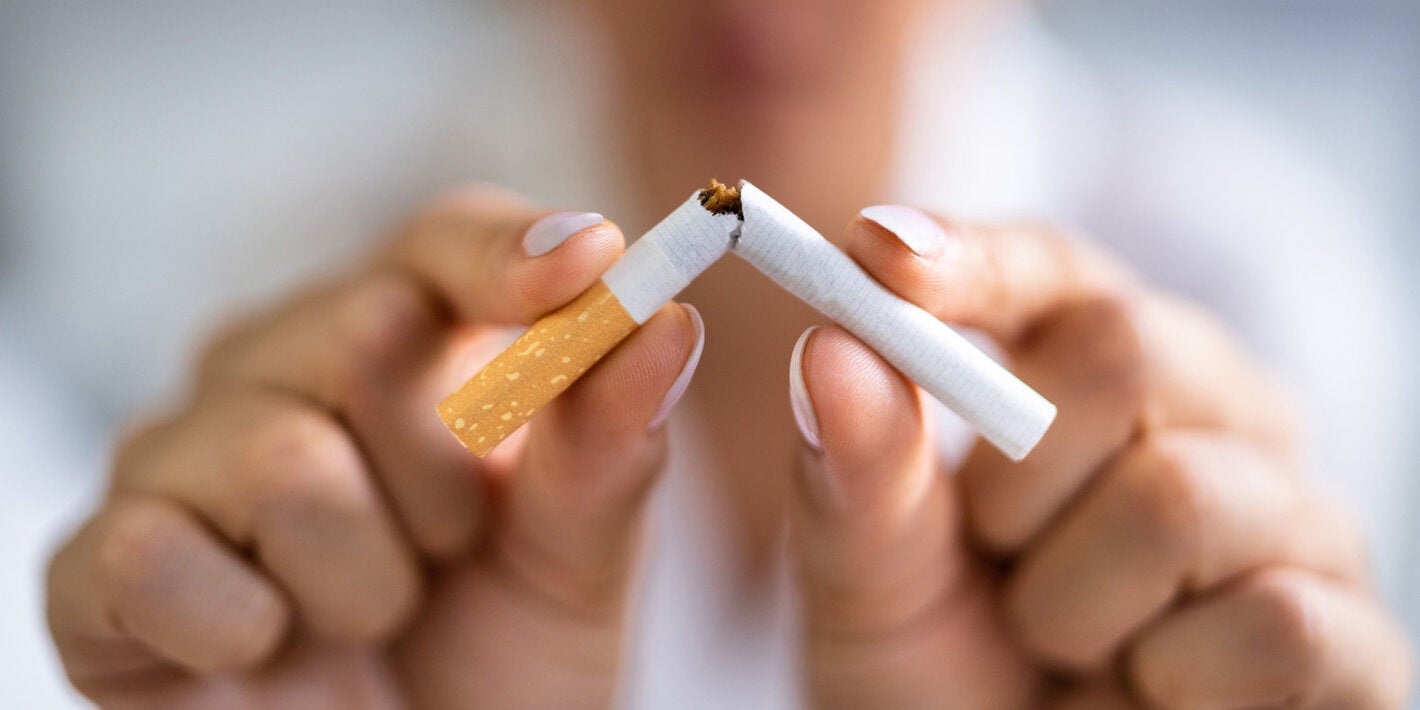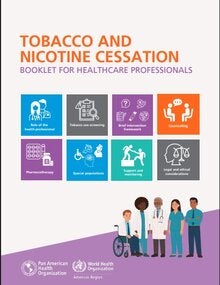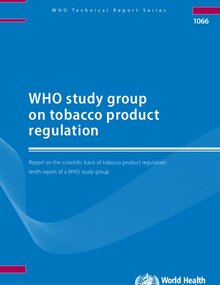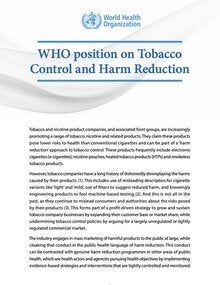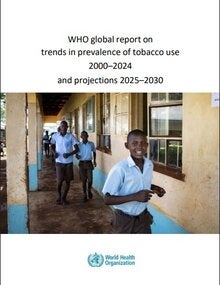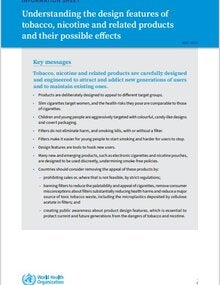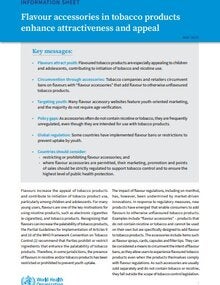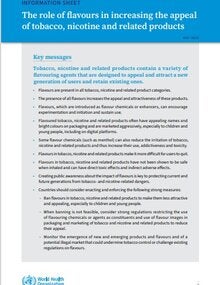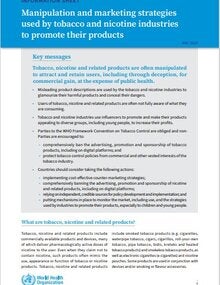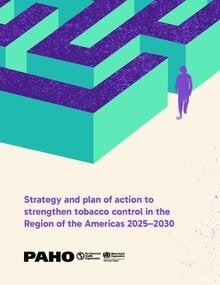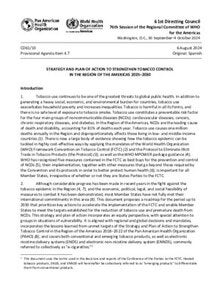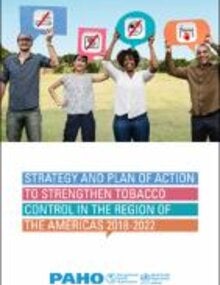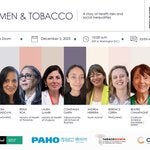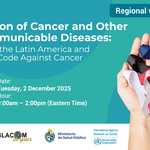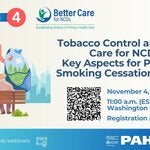Surveillance
Surveillance is a systematic ongoing collection, collation, and analysis of data and the timely dissemination of information to those who need to know so that action can be taken.
It is important to have an effective and sustained surveillance system to monitor the tobacco epidemic and evaluate the impact of tobacco control interventions. Empirical evidence shows that the most successful national tobacco control policies are supported by an effective surveillance and evaluation system.
Article 20 of the WHO FCTC addresses surveillance as follows:
"...2. The Parties shall establish, as appropriate, programs for national, regional and global surveillance of the magnitude, patterns, determinants and consequences of tobacco consumption and exposure to tobacco smoke. Towards this end, the Parties should integrate tobacco surveillance programs into national, regional and global health surveillance programs so that data are comparable and can be analyzed at the regional and international levels, as appropriate."
Through surveillance, it is possible to monitor and evaluate regional tobacco-related issues.
Global Tobacco Surveillance System (GTSS)
The World Health Organization (WHO), the Centers for Disease Control and Prevention (CDC), and the Canadian Public Health Association (CPHA) began development of the Global Tobacco Surveillance System (GTSS) in 1999. The purpose of the GTSS is to enhance the capacity of countries to design, implement, and evaluate their national comprehensive tobacco action plan and to monitor the key articles of the WHO Framework Convention on Tobacco Control (WHO-FCTC). The GTSS includes the collection of data through four surveys:
- the Global Youth Tobacco Survey (GYTS) focuses on youth aged 13-15 and collects information in schools.
- the Global Adult Tobacco Survey (GATS), which was added in 2007, is a household survey that monitors use among adults.
- the Global School Personnel Survey (GSPS) is a survey given to the teachers and administrators at the schools taking the GYTS.
- the Global Health Professions Students Survey (GHPSS) collects data from 3rd-year students pursuing degrees in dentistry, medicine, nursing, and pharmacology.
Currently, the GTSS includes GYTS, GATS and Tobacco Questions for Surveys (TQS) a standard set of questions on tobacco use that can be incorporated into any adult survey and TQS-Youth a standard set of survey questions on tobacco use for youth surveys. The purpose of TQS is improve survey comparability over time and harmonize questions across global surveillance and monitoring efforts.
These components provide a consistent framework for surveillance including standard sampling procedures, core questionnaire items, training in field procedures, data analysis, and consistent reporting across all participating countries.
GTSS Data: Interactive web application for global tobacco surveillance
More on Surveillance and Tobacco Control
Research
Environmental Nicotine Levels in the Americas
With the aim of supporting smoke-free environment policies and programs tor reducing the exposure to secondhand smoke in the Americas, the Pan American Health Organization (PAHO) and the Johns Hopkins University Institute for Global Tobacco Control developed a study to estimate exposure to secondhand smoke in Latin American countries and the Caribbean and designed a specific method for measuring secondhand tobacco smoke in public places. The main results were published in the scientific paper Secondhand Tobacco Smoke in Public Places in Latin America, 2002-2003.
Other results (in Spanish):



